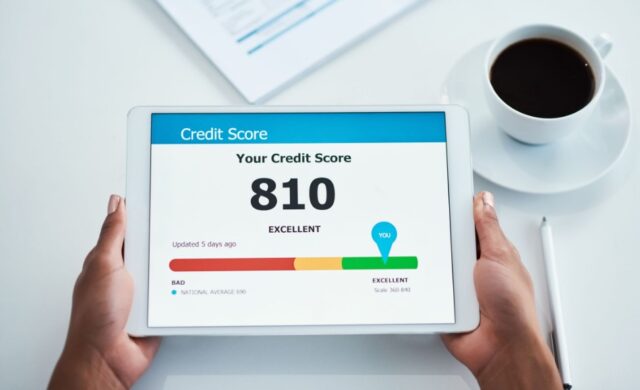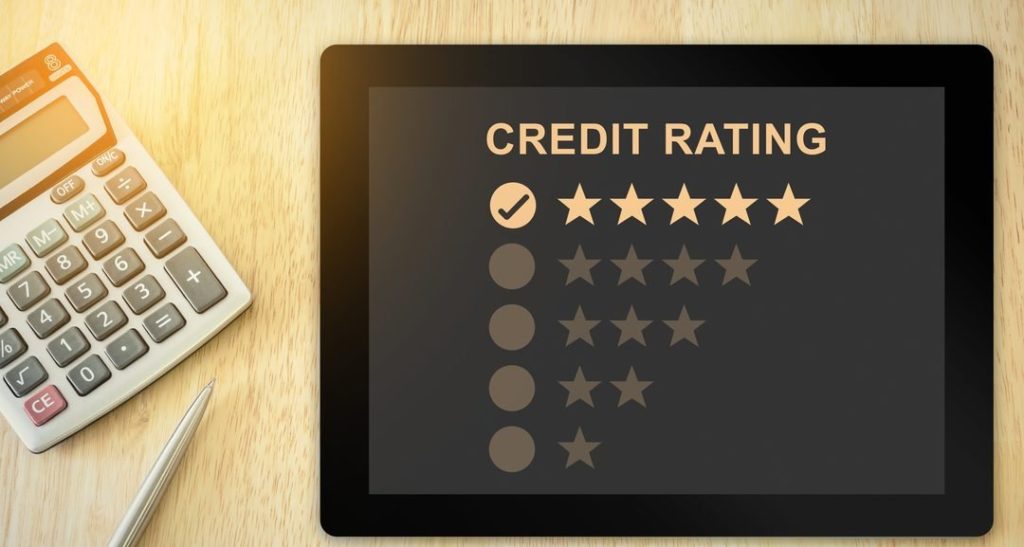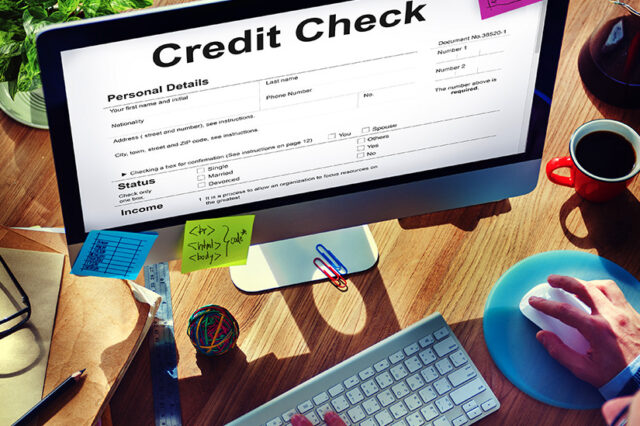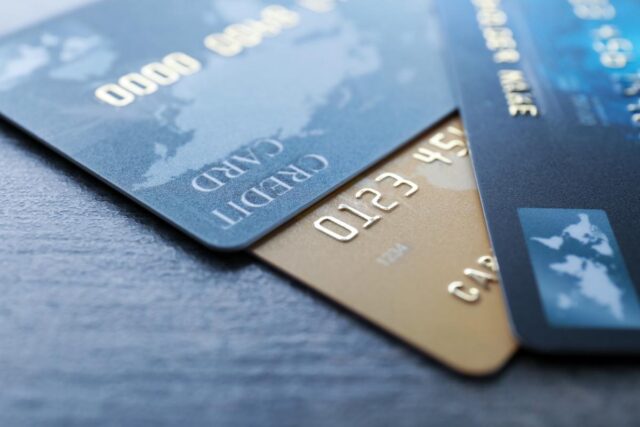
A consumer credit report summarizes your credit history and gives you an overall score based on that summary. The score is between 300 and 900, with 300 being the worst and 900 being the best option. The score is often divided into categories, letting you know whether your score is excellent/exceptional, very good, good, fair or poor.
If your consumer credit report shows that your score is on the lower side, should you care?
Why Does It Matter?

Most of the time, your score will not affect you. You can go through everyday life without thinking about it. You might not even realize that you’ve been living with a poor rating for years.
The only time you will need to think about your report is when you’re making an important financial decision that requires a credit check. These are some of the moments that will initiate this type of investigation:
- Buying a house (see sites such as Credible.com for a home loan)
- Renting an apartment
- Setting up utility services
- Getting an auto loan
- Signing up for insurance
- Applying for a business loan
So, why does the score matter? Your credit report shows banks, lending institutions and other authorities your recent credit history. They can see if you are reliable when it comes to making crucial payments, or whether you have piled on unsecured debts. This information lets them know if you’re going to be a strong investment or a financial risk.
Your credit score will directly impact your path toward milestones like buying a house or opening a business. A high score will often make that path straightforward and clear of obstacles. A low one will mean a long, winding path full of bumps and setbacks. Or worse, it could mean the path leads to a dead-end.
The most serious consequence that comes with a low score is losing out on opportunities. Your mortgage application gets denied. A bank doesn’t give you a business loan to get your entrepreneurial idea off of the ground. A landlord chooses other applicants to be their tenants over you.
Facing rejection isn’t the only side-effect of a bad credit score. To account for your greater risk, lenders might offer you lower amounts than you originally asked for — or that you need. They might give you higher interest rates than the average customer. Sometimes, you will get a pairing of a low lending amount with steep interest rates.
In other situations, you may need to make very large down payments to incentivize the authority to approve your application and to show that you have funds that are readily available. This can come up when you’re trying to rent an apartment, buy a house and arrange for utilities.
As you can see, having bad credit can make reaching certain milestones very difficult and very expensive. Having an exceptional score can make your life a lot easier and save you money in the long-run.
If you are one the persons who doesn’t have job, but need the credit really badly, websites such as Daily Prosper can advise you how to do that.
How to Improve Your Credit Rating:

So, you’ve checked your credit report, and you realize that your rating is much lower than you’d like. The good news is that your score isn’t set in stone. You can change it for the better. If you want to bring those numbers up and reach a more desirable category, you should follow the simple steps below.
1Go for Credit Counselling
One of the quickest ways to resolve this issue is to get credit counselling at a licensed insolvency trust firm. It can help you uncover your financial blind-spots and teach you practical techniques to improve your credit-use, which can boost your rating in the long-term. Go to the website Davidsklar.com to find out more information about credit counselling and what it can do for you. Sometimes, you need to go straight to the experts to find the best solution.
2Don’t Apply for Another Credit Card

It’s easy to think of a new credit card as an opportunity to start fresh and improve your rating, but that’s far from the truth. Credit bureaus consider new credit in their reports and knock your rating down whenever you open up a new account. Instead of multiplying your cards, stick with the ones you have, and try your best to pay them down.
3Know Your Limits
Know what your credit limit is and then stay far away from it. Maxing out your credit card is a quick way to lower your credit rating, rack up credit limit fees and push yourself into a debt trap. Ideally, you should keep your credit balance at 30% or lower if you want your rating to rise to a better category. That way, you’re still using your credit regularly, but you’re proving that you don’t need to depend on it.
4Pay on Time

The largest chunk of your credit score is related to your payment history. So, ignoring your bills and making late payments on a regular basis will raise your chances of getting a bad score.
To fix this problem, you should try your best to make your payments early or on-time. Write down every bill due date on your monthly calendar or in your agenda. Use apps to set up reminders and notifications for deadlines. Or, automate payments with online banking. Whatever you do, don’t let the bills slip your mind and come in late.
5Check for Mistakes
The smallest error could affect your rating. Comb through your report to see if you can find anything wrong about your credit history or basic personal information. When you’ve spotted a mistake, contact the credit bureau right away. It’s possible that this error has made your score lower than it should be.
You might as well try, even if it only brings up the total by a few points. Any minor improvement should be considered a victory.
Think of your credit report like a door. When your report’s rating is high, that door is wide open, letting you reach goals like purchasing a home or starting a business. When your rating is low, the door is firmly shut. Follow these tips so that you can unlock the door and get access to all of these incredible opportunities.
6Related Posts:
- 6 Reasons a Good Credit Score Is the Gift That Keeps…
- 10 Best Toys Gifts For 8 Year Old Boys - 2024 Buying Guide
- Improve Your Credit Score With These 5 Tips
- What Happens to Your Credit Score if You Overdraft
- 7 Tips For A Loan Application When You Have A Bad…
- How Do Wireless Printers Work ─ A 2024 Guide to…







